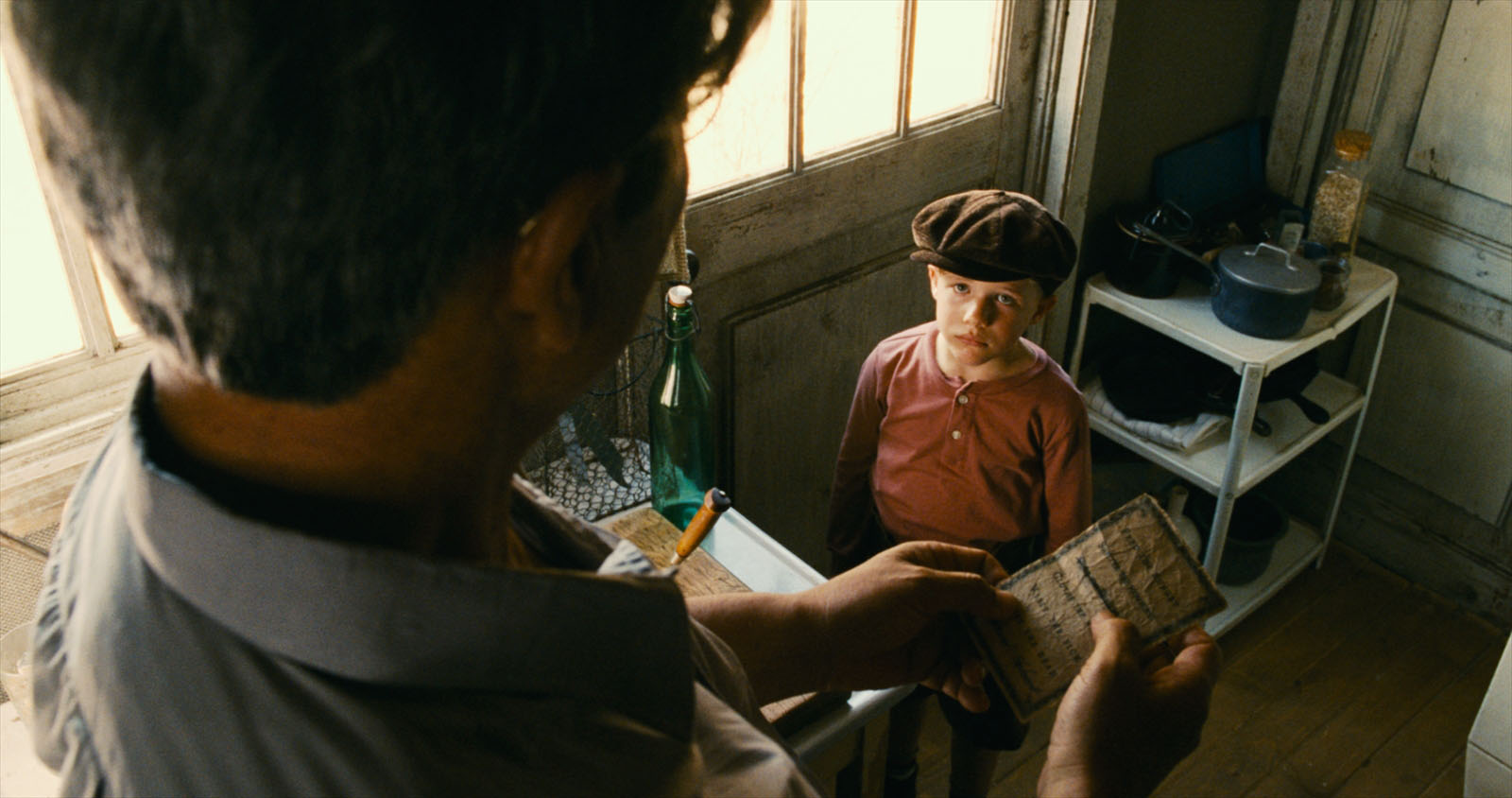Seventy-one years after Japan surrendered in World War II, a taboo in Japan has been broken, or, more precisely, ripped apart. A movie specifically about the U.S-Japan conflict that more than mentions the atomic bombs, directed by Mexico's Alejandro Monteverde, is opening this weekend. For many Japanese, "Little Boy" could come off as strange, disturbing and downright baffling.
Here's some back story. Traditionally, Hollywood movies depicting WWII rarely opened on the archipelago (if ever) in August. The month marks three commemorative days: the atomic bombing of Hiroshima (Aug. 6) and Nagasaki (Aug. 9) and the official announcement of defeat that came on Aug. 15. The war is a painfully touchy subject at the best of times, and movies such as "Pearl Harbor" in 2001 and the more thoughtful "Letters From Iwo Jima" in 2005 both avoided August openings in Japan. (Though, actually, "Iwo Jima" opened on Dec. 9, a day after the date of the attack on Pearl Harbor.) The Japan-made war film "Eien no Zero saw a December opening, while Hayao Miyazaki's last work "Kaze Tachinu" was released in June. Even Akira Kurosawa's "August Rhapsody," which starred Richard Gere and addressed Nagasaki's nuclear bombing head-on, steered clear of an August release.
Though August in Japan is generally devoted to remembering the tragedies and destruction that befell the nation, many Japanese would rather not re-live to that dark period of death, ashes and rubble. For the older generation, watching TV documentaries and realistic dramas about the war and visiting family grave sites are the links they have to a past of painful memories.



















With your current subscription plan you can comment on stories. However, before writing your first comment, please create a display name in the Profile section of your subscriber account page.